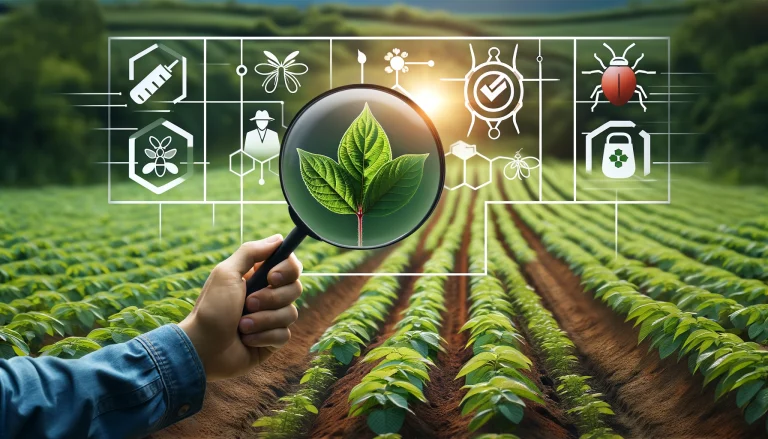When most people think of pests, they picture nuisance creatures that invade their homes, damage property, and pose health risks. While it’s true that pests can be unwelcome in our living spaces, many of these creatures play crucial roles in maintaining the balance of natural ecosystems. Understanding their importance can help us approach pest management in a more sustainable and informed way.
Here’s a closer look at the roles pests play in nature and how to strike a balance between respecting their ecological functions and protecting your home.
Table of Contents
Pests as Decomposers: Cleaning Up the Environment
Certain pests, such as ants, cockroaches, and beetles, are nature’s cleanup crew. They help break down organic matter like dead plants, animals, and waste. This decomposition process recycles nutrients back into the soil, promoting healthy plant growth and sustaining ecosystems.
- Cockroaches, for example, consume decaying organic material and return vital nutrients to the soil.
- Beetles play a role in breaking down wood, leaves, and even animal remains, accelerating natural composting processes.
Without these organisms, organic waste would accumulate, disrupting ecosystems and creating imbalances that affect other wildlife.
Pollinators and Seed Dispersers
While most people associate pollination with bees and butterflies, other insects often labeled as pests—such as flies, wasps, and ants—also contribute to pollination. These insects help fertilize plants by transferring pollen, which is essential for fruit and seed production.
In addition to pollination, some pests assist with seed dispersal. Ants, for instance, carry seeds back to their nests, inadvertently planting them in nutrient-rich environments where they can grow.
Key Pollinators and Their Benefits
- Flies: Though often considered a nuisance, flies play a significant role in pollinating crops like cacao, which gives us chocolate.
- Wasps: These insects pollinate certain flowers and plants while hunting for nectar.
Pest Predators: Controlling Other Populations
Some pests keep other pest populations in check, acting as natural predators. For instance, spiders—often feared in homes—consume a significant number of flies, mosquitoes, and other insects that could otherwise spread disease or cause property damage.
Examples of Pest Predators:
- Spiders: Control fly and mosquito populations.
- Ladybugs: Feed on aphids, which can destroy crops and gardens.
- Centipedes: Prey on cockroaches, silverfish, and termites.
By maintaining these natural checks and balances, pests play a critical role in preventing the overpopulation of certain species.
Soil Aeration and Nutrient Cycling
Some pests, like ants and termites, dig through the soil, creating tunnels that improve aeration and water flow. This activity helps plants grow by allowing roots to access nutrients more easily. Termites, in particular, are vital in breaking down cellulose from wood and plant material, which is then recycled into the soil as organic matter.
Benefits of Soil Aeration:
- Improved water absorption.
- Enhanced root growth for plants.
- Greater nutrient distribution across ecosystems.
Balancing Pest Management with Ecosystem Health
While pests play vital roles in nature, they can still cause significant problems when they invade homes or commercial properties. Striking a balance between respecting their ecological functions and managing infestations is key to sustainable pest control.
Sustainable Pest Management Practices:
- Focus on Prevention: Seal cracks, eliminate standing water, and store food properly to reduce the likelihood of pests entering your home.
- Use Eco-Friendly Solutions: Opt for natural repellents or traps that minimize harm to non-target species.
- Call Professionals for Targeted Control: Local exterminators can address infestations without disrupting the surrounding ecosystem.
- Preserve Beneficial Species: Avoid using broad-spectrum pesticides that may kill helpful organisms like pollinators and predators.
A Coexistence Approach
Understanding the ecological importance of pests doesn’t mean tolerating infestations. Instead, it emphasizes the need for thoughtful management practices that protect both human environments and natural ecosystems. By learning about the roles pests play, we can appreciate their contributions while taking steps to keep our homes safe.
The next time you spot a spider in your corner or an ant in your garden, remember that they’re not just nuisances—they’re part of a larger system keeping nature in balance. For those moments when pests overstep their bounds, professional pest control services can help you regain control while maintaining respect for the environment.
